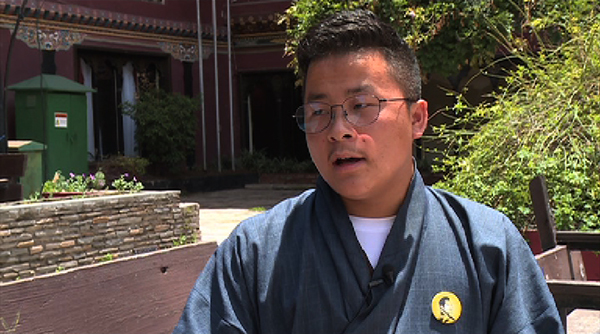 While bullying covers physical, psychological and sexual, many times, children only report physical bullying because it is easy to recognize.
While bullying covers physical, psychological and sexual, many times, children only report physical bullying because it is easy to recognize.
But often, bullying cases in schools go unreported mostly due to the victims not being able to recognize subtle forms of bullying such as ostracising and verbally abusing. To inform about peer bullying and its types, Generation Y-Youth, a Youth-led group makes an effort to take anti-bullying education throughout schools in the country.
Growing up in a small village in east, 23-year-old Karma Wangda was always anxious about going to school. One memory that Karma endured is from the days of extreme teasing, making his school years terrible. Undergoing a harsh emotional transition, Karma even reached a point in life where he wanted to give up on life.
“We are of five siblings and five of us have a different father and people use to name us in different ways and it doesn’t sound feasible. If I say in the local dialect, we popularly call it as kokti (an equivalent to illegitimate in birth) in sharchop. People used to title me with this name. And every time in the classroom, they used to sometimes drag me, sometimes judging my physical appearances, they used to call me different names,” said Karma Wangdi, the founder of Generation Y-Youth.
As one of the victims of bullying, Karma always wanted to help unfortunate people like himself. It then prompted him to set up his project Generation Y-Youth, which includes anti-bullying campaign and vigorous advocacy against peer bullying in schools. Today his motivational sessions have reached out to more than 47,000 students.
In Karma’s visit to 27 schools across the country, Karma found that these days bullying in the form of molestation happens at homes too.
“Peer bullying is not the only case in Bhutan. There are many other issues like which are not reported. That’s why Generation Y-Youth is there to reach the unreached one,” he added.
As per the United Nations Children’s Fund (UNICEF) reports, bullying is a form of aggressive behaviour that occurs in an intentional and repeated manner causing another child to feel hurt. Worldwide, close to 130 million students aged 13 to 15 has experienced bullying. And Bhutan is no exception. Like Karma, most young people may not take bullying positively. It might instead seriously harm the health and well-being of the children with the adverse effects persisting into adulthood.






